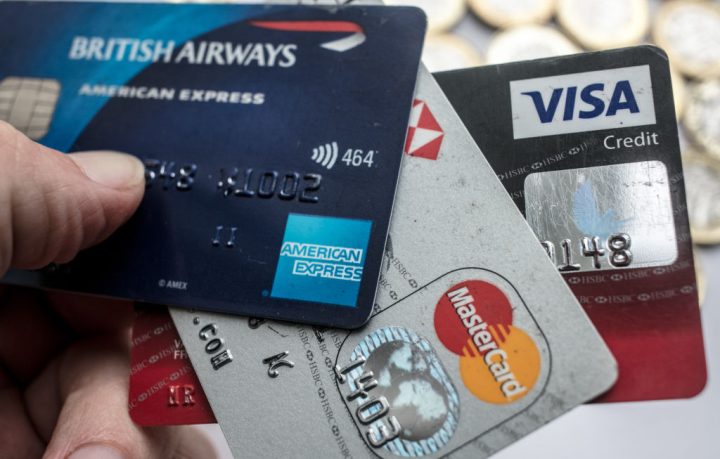The government and Bank of England seem to have finally woken up to one of the many glaring problems with trying to achieve a cashless society: that there are 1.3 million people in Britain who do not have a bank account. Whether that is because of long-established habit, because they don’t trust banks or because banks don’t trust them, it is an awful lot of people to contemplate shutting out of the economy. Presumably, they would have to resort to some form of barter, or to establish unofficial currencies such as cigarettes, used in jails.
Having access to cash is no good if you cannot use it
But the solution suggested by Jeremy Hunt and Andrew Bailey seems itself wrapped in problems. They have suggested creating a Bank of England digital pound by 2030 which could be used without a bank account. Trouble is that four per cent of the population – almost the same proportion who do not have a bank account, and quite possibly the same people in many cases – don’t have internet access either. To use a digital currency in a shop would presumably require either a prepayment card or a smartphone. Still, 16 per cent of the population do not own a smartphone.
Presumably, that might rise if a digital currency became the only means of going shopping. But then there is a far simpler option to a digital currency: to enshrine in law the right to use cash. The government is in the process of passing a law which gives a right to access cash – which would oblige banks to ensure that sufficient cashpoint machines are available. But having access to cash is no good if you cannot use it. Why can’t we have a law like those already passed in New York and San Francisco, which bans cashless stores?
It is very significant that San Francisco, the world’s tech capital, has chosen to take this route. But it should not be surprising. When you are close to tech it is perhaps easier to see the potential consequences of allowing it to steam-roller every area of daily life.
It is not that anyone wants to stop people paying by card, mobile phone, fingerprint scanner, earlobe detector or whatever. It is the exclusion of cash which is the problem. The drive to abolish cash is coming from vested interests in the fintech sector which stands to profit from people being forced to use their services. Government should have the strength to tell them to get lost, to say: ‘If you want to sell us fintech, then you will have to convince us of the benefits of using your services; we are not going to help you by making them the only means of paying for goods’. Why does the government not do as it should have done years ago? Enshrine in law not just a right to access cash but to use it, too.







Comments